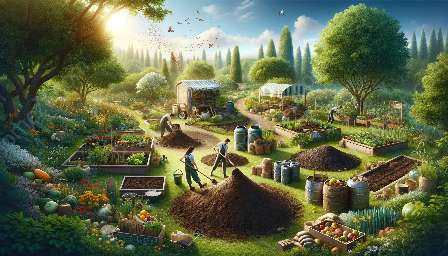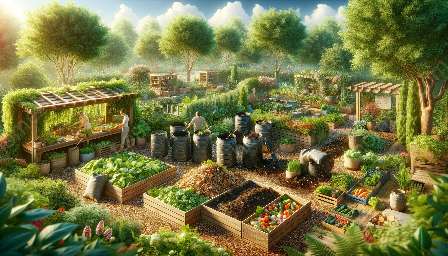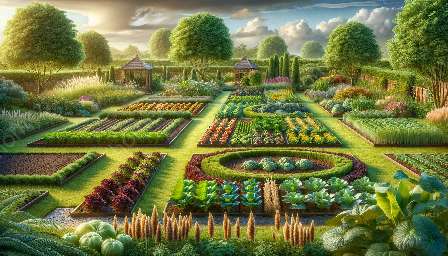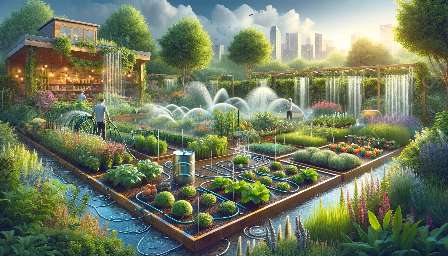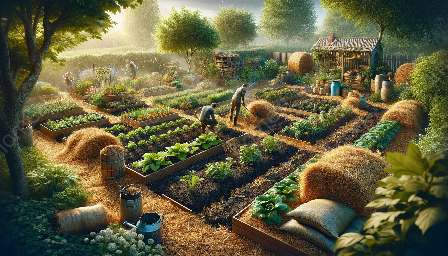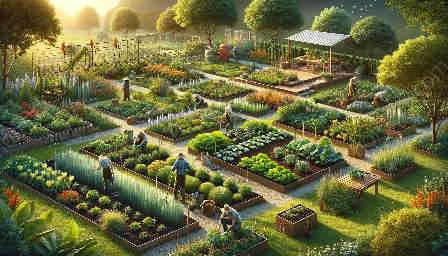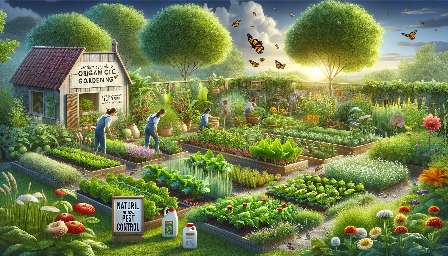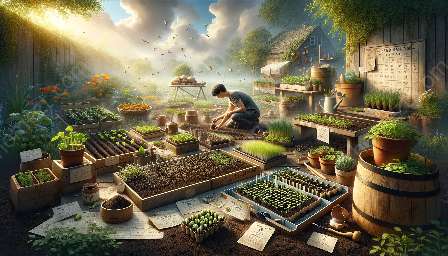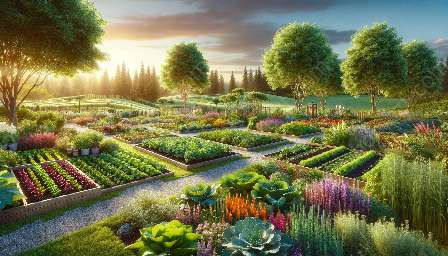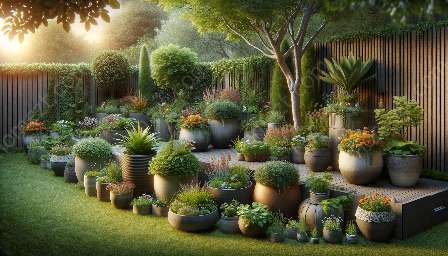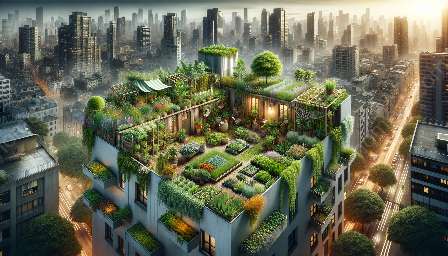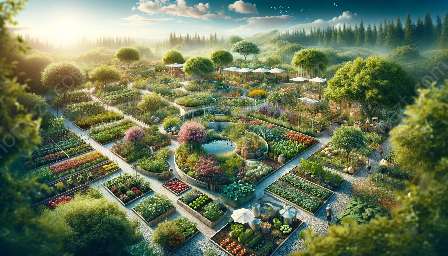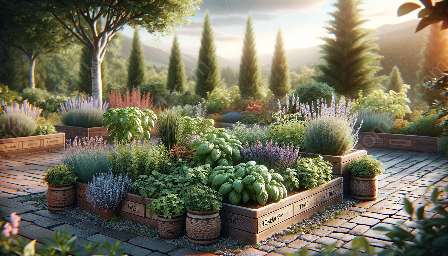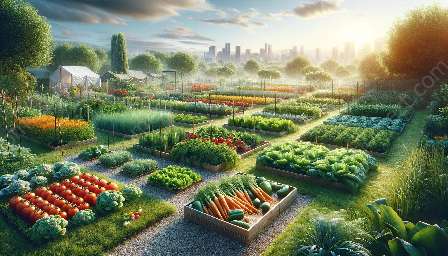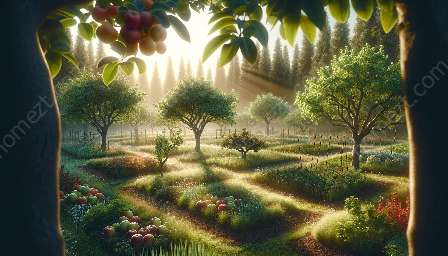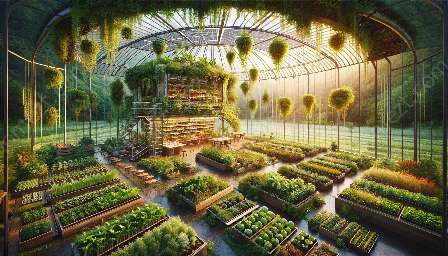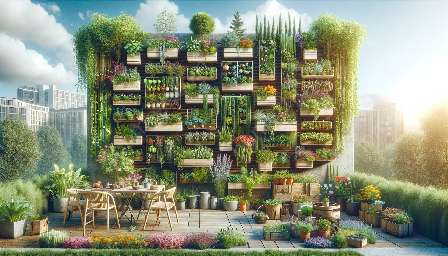Permaculture is a holistic, sustainable design system that integrates human needs with natural ecosystems, emphasizing regenerative agriculture and responsible land use. It encompasses principles and practices that align with organic gardening and sustainable landscaping.
What is Permaculture?
Permaculture, a portmanteau of 'permanent' and 'agriculture' or 'culture,' was coined by Bill Mollison and David Holmgren in the 1970s. It is based on principles observed in natural systems and aims to create ecologically harmonious, efficient, and productive systems that can be maintained and sustained indefinitely.
Key Principles of Permaculture:
- Observation and interaction with natural ecosystems
- Applying design principles that mimic natural patterns
- Integrating diverse elements, such as plants, animals, and structures
- Using renewable resources and energy
- Minimizing waste and maximizing efficiency
- Adapting to change and maintaining resilience
- Valuing and promoting biodiversity
Applications in Organic Gardening:
Permaculture principles can be directly applied to organic gardening, promoting sustainable and regenerative practices. In permaculture-based gardens, the focus is on creating self-sustaining ecosystems where plants, soil, and beneficial organisms work together to support healthy growth and abundant yields. Techniques such as companion planting, mulching, composting, and water harvesting align with permaculture's emphasis on natural processes and closed-loop systems.
Integrating with Landscaping:
Permaculture design extends beyond individual gardens to larger landscapes, including residential yards, public spaces, and agricultural lands. By incorporating permaculture principles into landscaping, sustainable and biodiverse environments can be created, integrating food production with aesthetically pleasing and functional designs. Sustainably designed landscapes not only enhance beauty but also contribute to local ecology and resilience.
Benefits of Permaculture:
Permaculture offers numerous benefits, including:
- Environmental sustainability and regeneration
- Conservation of natural resources
- Enhanced soil fertility and biodiversity
- Reduced reliance on external inputs
- Creation of resilient and diverse ecosystems
- Community-building and local food production
By incorporating permaculture into organic gardening, landscaping, and agricultural practices, individuals and communities can contribute to a regenerative and sustainable future, while experiencing the rewards of nurturing and beneficial relationships with nature.

